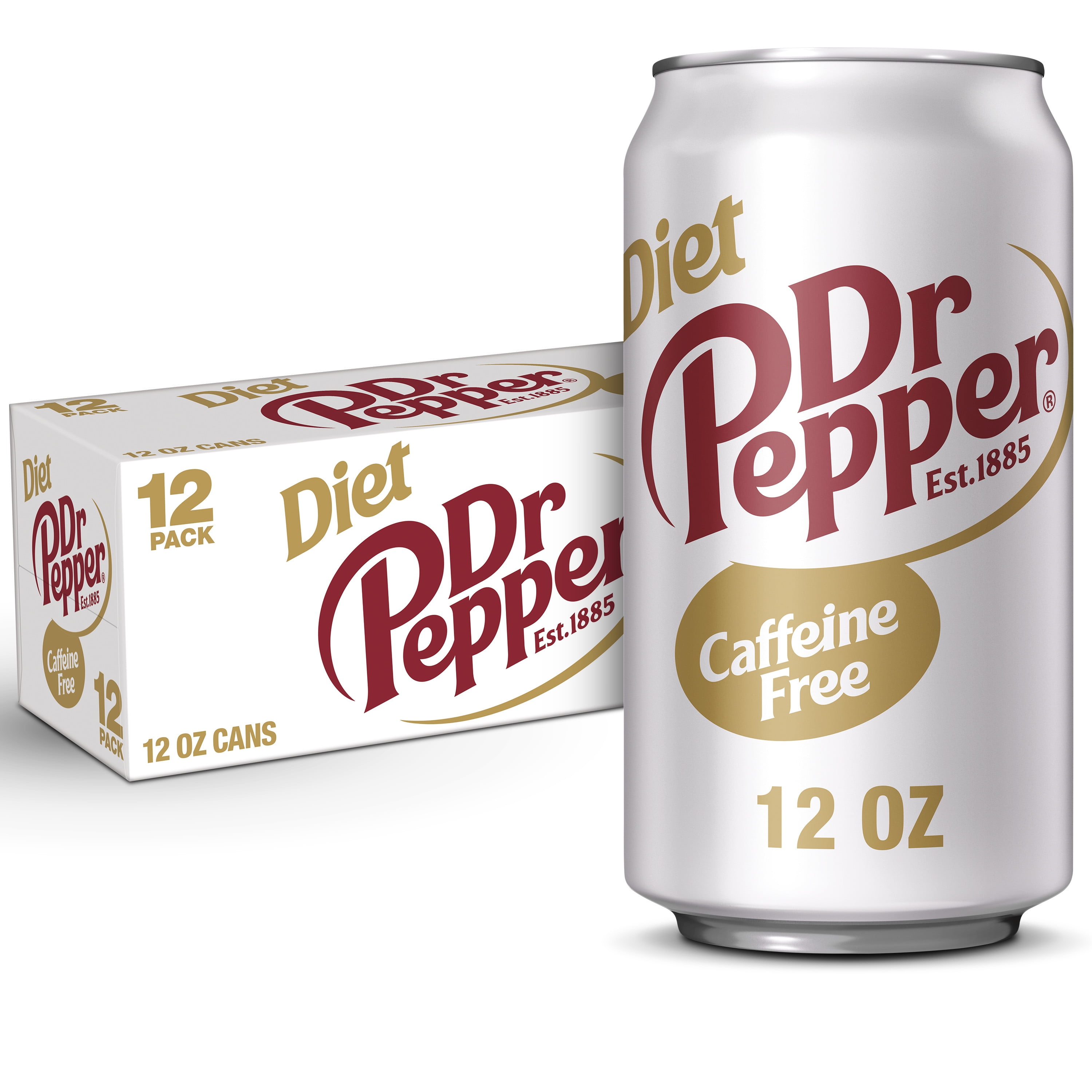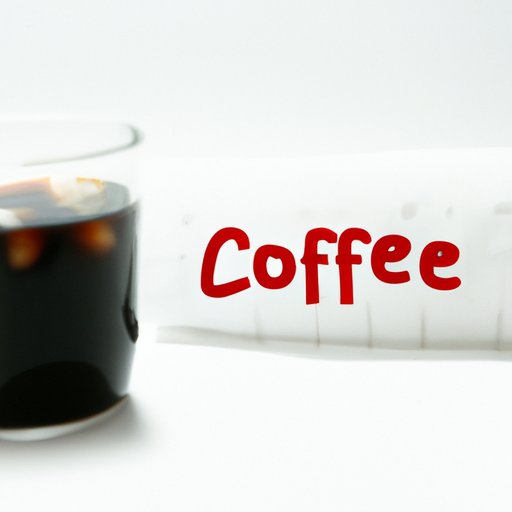
But there are ways to figure out which foods or drinks may bother you.Ī good place to start is with a food diary, Barth tells us.

Again, it’s important to remember that not all people with bladder irritation are bothered by the same foods or drinks. How can I identify bladder-irritating foods and drinks?įiguring out if a food irritates your bladder is a process of elimination. If you’re experiencing signs of bladder irritation, such as urinary frequency, urgency, leakage or pain, the food and drink categories above are a good place to start looking for your triggers. For many people, artificial sweeteners are a problem.

Some people even find that chocolate can be a trigger because it contains caffeine. Coffee is also a big one because of the caffeine. “But one of the most common triggers is acidic foods, like tomatoes or orange juice. “The list of triggers is extremely individualized,” she emphasizes. Acidic foods, like citrus fruits and tomatoes.īarth agrees.Alcohol, including beer, wine and spirits.Artificial sweeteners, found in diet sodas and many “reduced sugar” candies, baked goods, chewing gum and breakfast cereals.Caffeinated drinks, such as coffee, tea and energy drinks.Urologist Emily Slopnick, MD, tells her patients that the following items can often be the source of bladder irritation: Still, some foods are more likely than others to be the culprits. As a result, “It can be a long process to figure out the cause of your particular situation.” What foods and drinks can cause bladder irritation? “What triggers my bladder symptoms may not trigger yours,” says dietitian Courtney Barth, RD, LD. Some foods may bother you when they’re raw, but not when they’re cooked.Īnd just in case you still aren’t entirely confused, there’s this: The triggers vary a lot from person to person. Some of these foods may be things you eat or drink often. Your morning coffee, that after-work spritzer, even the tomato sauce on your pizza: All these foods - and many more - can irritate your bladder and trigger symptoms. Remember, if you’re running a fever, have chills, have pain in your lower back or side, or if you see blood in your urine, it’s time to see a healthcare provider. Very rarely, new bladder irritation can be a sign of a tumor in your bladder or urethra and a sign of urinary tract cancer.Interstitial cystitis (IC), a chronic (long-term) condition that causes your bladder wall to swell and creates ongoing bladder pain.A urinary tract infection (UTI), which can cause short-term (temporary) discomfort and an urgent need to use the bathroom.But sometimes, bladder irritation can be caused by problems in your urinary tract. Most times, bladder irritation isn’t a medical emergency. You have pain in your lower belly (abdomen).Ĭould bladder irritation be a sign of disease?.You experience leakage ( urge incontinence).You need to pee more often (frequency).You have a sudden strong urge to pee (urgency).And just like any other part of your body, when your bladder gets irritated, it can act up. If you’re sensitive to anything you eat or drink, your urine can irritate your bladder. So, traces of what you eat and drink end up in your urine. It’s a dirty job: Your pee contains the liquid waste that’s filtered from your food by your kidneys.

We do not endorse non-Cleveland Clinic products or services. Advertising on our site helps support our mission. Cleveland Clinic is a non-profit academic medical center.


 0 kommentar(er)
0 kommentar(er)
